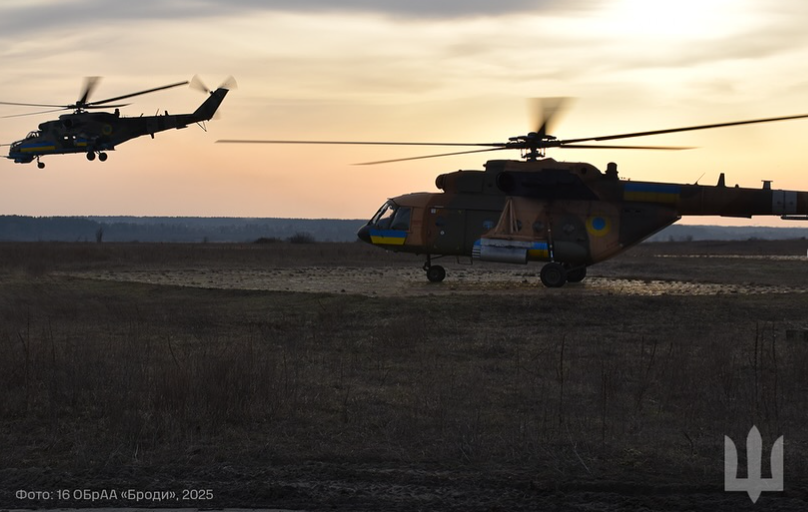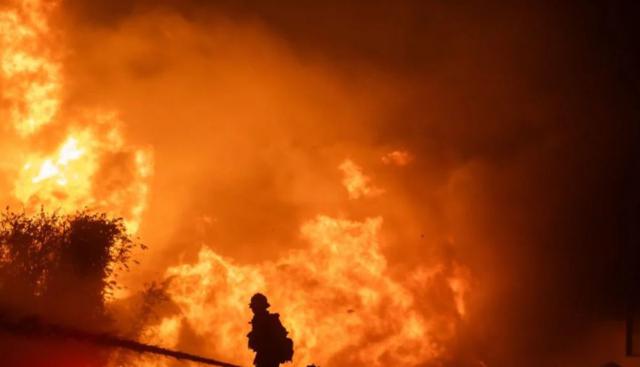Speaking at Sunday’s weekly Cabinet meeting, Netanyahu said: “In the last 36 hours, the air force has attacked Iranian warehouses with Iranian weapons in the Damascus International Airport. The total sum of the last attacks prove that we are more determined than ever to act against Iran in Syria exactly as we promised.”
Netanyahu, who also serves as Israel’s Defense Minister, made the statement while addressing outgoing Israel Defense Forces (IDF) Chief of Staff Lt. Gen. Gadi Eizenkot.
On Friday night, Syria’s state news agency, SANA, said Israeli warplanes fired several missiles at the airport in Damascus, most of which were downed. The strike damaged a warehouse, SANA said, but did not otherwise affect airport operations.
As the Syrian conflict has developed into a complex proxy war, reports have emerged of Israeli strikes on Iran-linked targets.
For the most part, Israel has chosen not to acknowledge its cross-border operations; the government preferring not to comment, despite widespread knowledge that it was Israel’s air force behind the strikes.
In April 2018, Netanyahu broke this long-standing policy when he openly acknowledged that Israel had conducted “dozens” of attacks across the Syrian border.
Israel’s stance on the war has officially remained neutral, but it has also stated clearly that it would respond to Iran’s growing presence in Syria.
Officials have repeatedly expressed what they call Israel’s red lines: preventing the transfer of high-powered weapons to Hezbollah, a Lebanese militant group regarded as an Iranian-proxy; preventing any breach of Israeli sovereignty; and working to stop Iran from entrenching itself in Syria.
In December, senior Israeli political and military figures sharply criticized US President Donald Trump’s announcement of a military withdrawal from Syria.









Leave a Reply